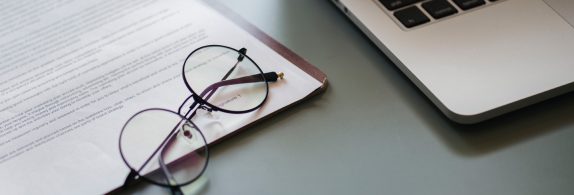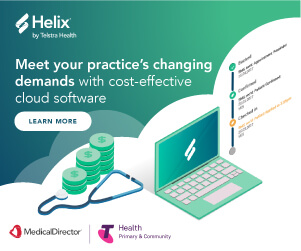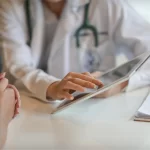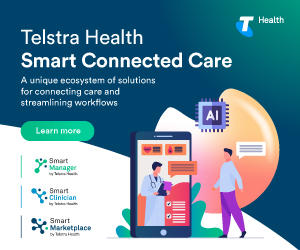RACGP report finds GPs optimistic about future of health tech
GPs are optimistic about the use of health technology and its ability to improve productivity and care coordination, but are still uncertain about medico-legal issues around eHealth, a new survey found.
The RACGP’s 2017 report, ‘Views and attitudes towards technological innovation in general practice’, released last week, surveyed almost 2000 GPs and found general practitioners with 20 or more years’ experience are actually more likely to use mobile devices for clinical work than their younger counterparts.
Four out of five GPs surveyed by the RACGP were also satisfied with the way they use technology in their practice and half the GPs surveyed used smartphones or tablets for direct patient-related work, such as taking images of skin lesions or accessing medical apps.
Practices most commonly use technology to send text message reminders for appointments, provide commonly used forms on their websites, and make email and social media available, according to the survey results.
Approximately 27% of GPs surveyed said they use telehealth services, mostly for providing support to patients during a video consultation, and undertaking training. If funding was available, 45% said they would be likely or extremely likely to use telehealth services in the next three years.
But despite these trends, uncertainty about medico-legal issues and lack of knowledge of usefulness meant that almost 50% have not adopted the use of health and wellness apps to support patient care. In fact, only a quarter of GPs regularly recommended apps to their patients, and those who did, recommended mental health, fitness, nutrition and women’s reproductive health apps.
GPs are also very social media wary, with almost three in four GPs surveyed saying they won’t use social media for work purposes despite its promotional benefits, wary of security concerns, confidentiality, the time required to manage it, and the potential to violate doctor–patient boundaries.
Meanwhile many feel that a paperless office is still not possible, while specialists and larger health organisations still use fax machines and paper-trails. By contrast, only 15% of practices maintain a paper-based record system in addition to their electronic clinical systems.
The survey also revealed several opportunities to use technology to streamline processes further, such as using more electronic referrals, using patient data in real-time decisions and communicating more effectively with patients and other medical professionals.
Participants also indicated they would like to engage in professional development opportunities in the use of technology and in how to better incorporate eHealth technologies and solutions into patient-related work, including education on the use of My Health Record.
To increase the uptake of mobile technologies, the report recommended GPs need to be better supported to address the barriers related to systems integration, concerns around patient confidentiality and privacy and to understand the relevance of mobile technologies in clinical practice and workflow.









